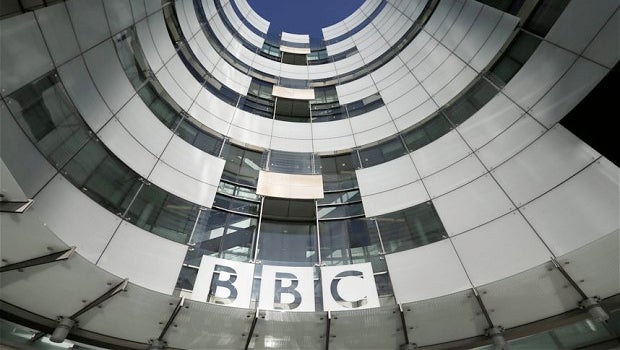MPs say TV licence has ‘no long-term future’

The UK’s Culture, Media, and Sport Committee have called for the BBC licence fee to be scrapped for a new levy.
The MPs, writing in a report for the committee, slammed the licence fee as having ‘no long-term future’ due to changes in how we consume media.
The report, entitled ‘The Future of the BBC’, is being presented to the House of Commons today, and calls for wider changes to how the corporation is both funded and managed.
The core request is that a broadcasting levy will be introduced, which would affect all households irrespective of television use.
Subscription fees were also proposed in the report, with MPs suggesting that the BBC charge individual users a regular fee.
At present, the annual licence fee for colour television totals £145.50, while the black and white version costs £49.
Any household that watches or records live television transmissions as they are being broadcast are required to hold a television licence.
This money is then used primarily to fund the BBC, including its television, radio, and online services.
Related: Best Movie Streaming Service
Unfortunately for the BBC, any content watched on catch-up TV does not require a TV licence, leaving legislators struggling to deal with the growing number of licence fee dissidents who profess to only watching on-demand content, for instance 4od or Netflix.
In the period running from 2013 to 2014, licence fees racked up to a total £3.7 billion. The BBC’s total income over the same period amounted to just over £5 billion, signalling the service’s huge dependence on the licence.
The BBC’s licence fee agreement will be reviewed next year, and the findings of this report will likely be taken into consideration.


